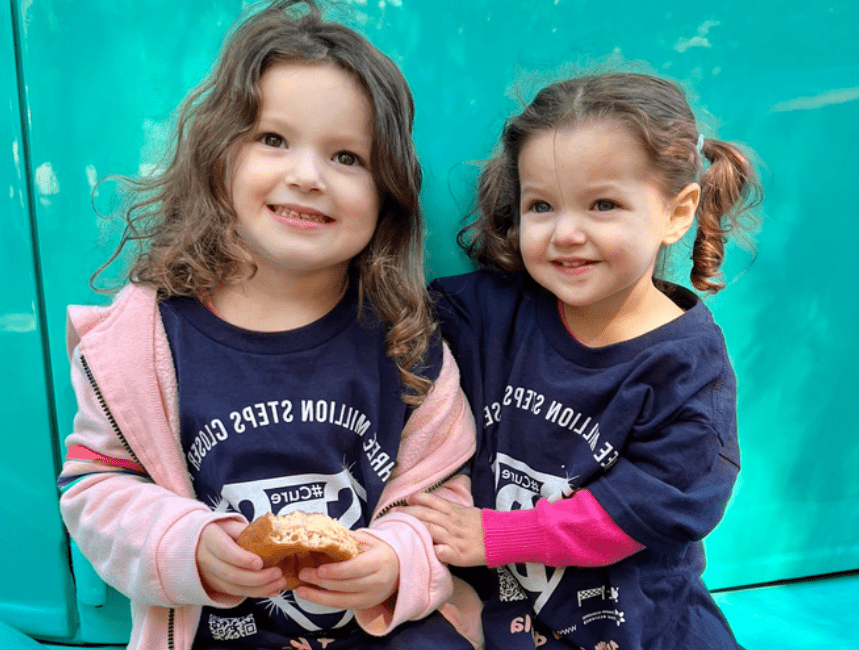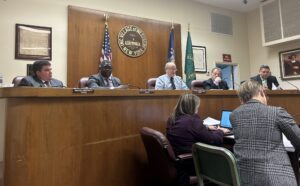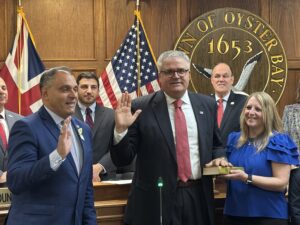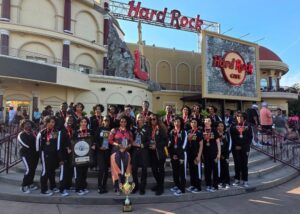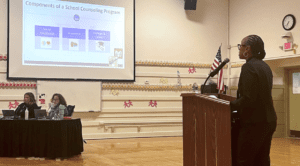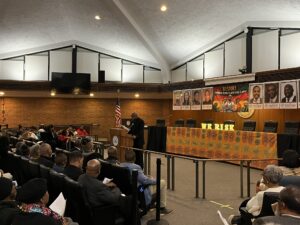ABC’s “Good Morning America” will broadcast from Hofstra University’s Student Center atrium this Tuesday, Feb. 21, from 6 to 9 a.m., as it hosts a bone marrow drive for two sisters, Kayla and Nora, who suffer from a rare bone marrow failure disorder.
“GMA” is hosting the event with the nonprofit Be The Match, which conducts research to improve marrow transplants.
Suffering from myelodysplastic syndrome (MDS), a rare blood disorder that affects the bone marrow, “GMA” host Robin Roberts received a successful marrow transplant from her sister Sally-Ann on Sept. 20, 2012. When Roberts returned to “GMA” on Feb. 20, 2013, she was empowered to share her message about the importance of bone marrow transplants, according to ABC News.
According a Be The Match release, “There is a high chance that, at some point in their lives, [Kayla and Nora] will need a stem cell or bone marrow transplant.”
The “GMA” event at Hofstra will be televised. Breakfast will be offered for those who volunteer and sign up for the marrow registry.
According to Be The Match:
- Every year, 12,000 patients are diagnosed with life-threatening blood cancers or other diseases like sickle cell for which a blood stem cell transplant from an unrelated donor may be their best or only hope for a cure.
- A blood stem cell transplant can cure or treat more than 75 different diseases, including leukemia and lymphoma, aplastic anemia, sickle cell and immune-deficiency disorders.
- Be The Match connects patients with a matching donor for a life-saving blood stem cell transplant.
- Every three minutes someone in the United States is diagnosed with a blood cancer.
- Seventy percent of patients do not have a fully matched donor in their family. They depend on Be The Match to find an unrelated donor.
- Be The Match has facilitated more than 120,000 transplants since 1987 and continues to impact more lives every year. In 2022, Be The Match impacted 7,054 lives through cell and gene therapy.
- Every dollar that Be The Match raises helps more patients afford transplant, adds potential blood stem cell donors to the registry and funds life-saving research. In 2022, Be The Match provided $6.1 million in patient assistance to 2,320 families.
